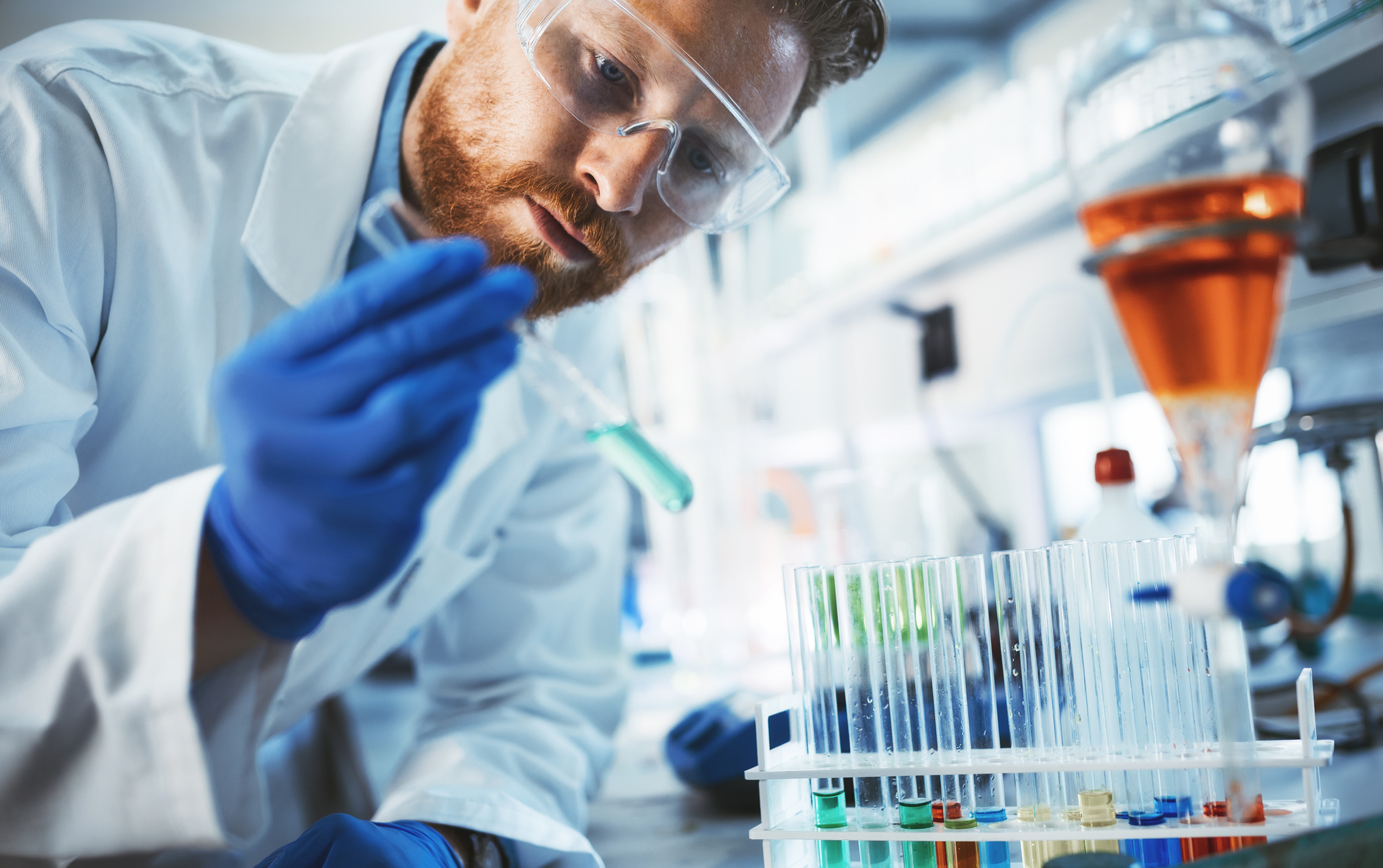A Comprehensive Approach for Characterising Therapeutic Antibodies
10 mai 2020

The expanding development of therapeutic monoclonal antibodies requires powerful analytical techniques to elucidate their molecular structures and characteristics – to help improve production processes and satisfy increasingly strict regulations.
A crucial component of our immune system, antibodies are now the most rapidly growing class of approved biopharmaceutical drugs. By 2019, a total of 79 antibody-based drugs were approved to treat a range of autoimmune conditions, infectious diseases and cancers – and many more are in development.
The production of monoclonal antibodies (mAbs) is traditionally based on hybridoma technologies that involve fusing antibody-producing cell with a tumour cell to create an immortalized cell line, followed by multiple harvesting steps. But a variety of post-translational modifications can occur to individual antibody molecules during fabrication, purification, conditioning or storage steps. These variabilities may lead to differences in the biological activity of mAbs – or affect their safety or stability.
It is essential to develop techniques that can enable the detailed characterisation of these increasingly complex large glycoproteins that are used as drug treatments.
Protein Analyses
Mass spectrometry is recognized as a major tool for the advanced characterization of mAbs.
Traditional approaches follow what is called a ‘bottom-up’ strategy, which is based on protein fragmentation followed by peptide sequencing. But more recently, researchers are turning towards the use of two other complementary analytical levels – ‘middle–up’ and intact level approaches – which can both provide additional information about protein variations.
In a new study, published in the Journal of Pharmaceutical and Biomedical Analysis, researchers develop a multi-level assessment combining intact, middle–up and bottom-up levels with a capillary electrophoresis–mass spectrometry to achieve complete structural characterisation of seven approved antibody drugs.1
Complete Characterisation
The team achieved a partial separation of intact mAbs isoforms in less than twelve minutes, enabling a global illustration of protein variability and the identification of major high molecular weight post-translational modifications. They then used middle–up level analyses and capillary electrophoresis–electrospray ionization–mass spectrometry (CE–ESI–MS) coupling to reveal further information, particularly lower molecular weight changes. Finally, they carried out a bottom-up approach to reveal the precise location and relative quantification of each post-translational modification.
The researchers used ultrapure water generated by an ELGA PURELAB® laboratory water purification system to prepare all buffers and sample solutions, reducing the risk of introducing contaminants that may affect the results of these sensitive analytical techniques.
A Powerful Strategy
In this study, the researchers successfully demonstrate the efficiency of using capillary electrophoresis–mass spectrometry techniques for the analysis of seven therapeutic mAbs using a combination of bottom-up, middle–up and intact molecule levels.
Their results highlight the variability of mAbs – and the importance of using a combination of multi-level analyses to establish a complete characterisation of biotherapeutics and get an illustration as close as possible to the real protein mix given to patients.
This approach also has the potential to be used as the first step to integrate into the quality control process for biotherapeutics.
Why Choose ELGA LabWater?
At ELGA LabWater, our expert engineers, chemists and scientists are at the forefront of technological innovation. They continue to introduce game-changing features to the lab water market.
Reference:
- Giorgetti. J. et al. Combination of intact, middle–up and bottom–up levels to characterize 7 therapeutic monoclonal antibodies by capillary electrophoresis – Mass spectrometry. Journal of Pharmaceutical and Biomedical Analysis 2020; 182:11307.
Dr Alison Halliday
After completing an undergraduate degree in Biochemistry & Genetics at Sheffield University, Alison was awarded a PhD in Human Molecular Genetics at the University of Newcastle. She carried out five years as a Senior Postdoctoral Research Fellow at UCL, investigating the genes involved in childhood obesity syndrome. Moving into science communications, she spent ten years at Cancer Research UK engaging the public about the charity’s work. She now specialises in writing about research across the life sciences, medicine and health.
